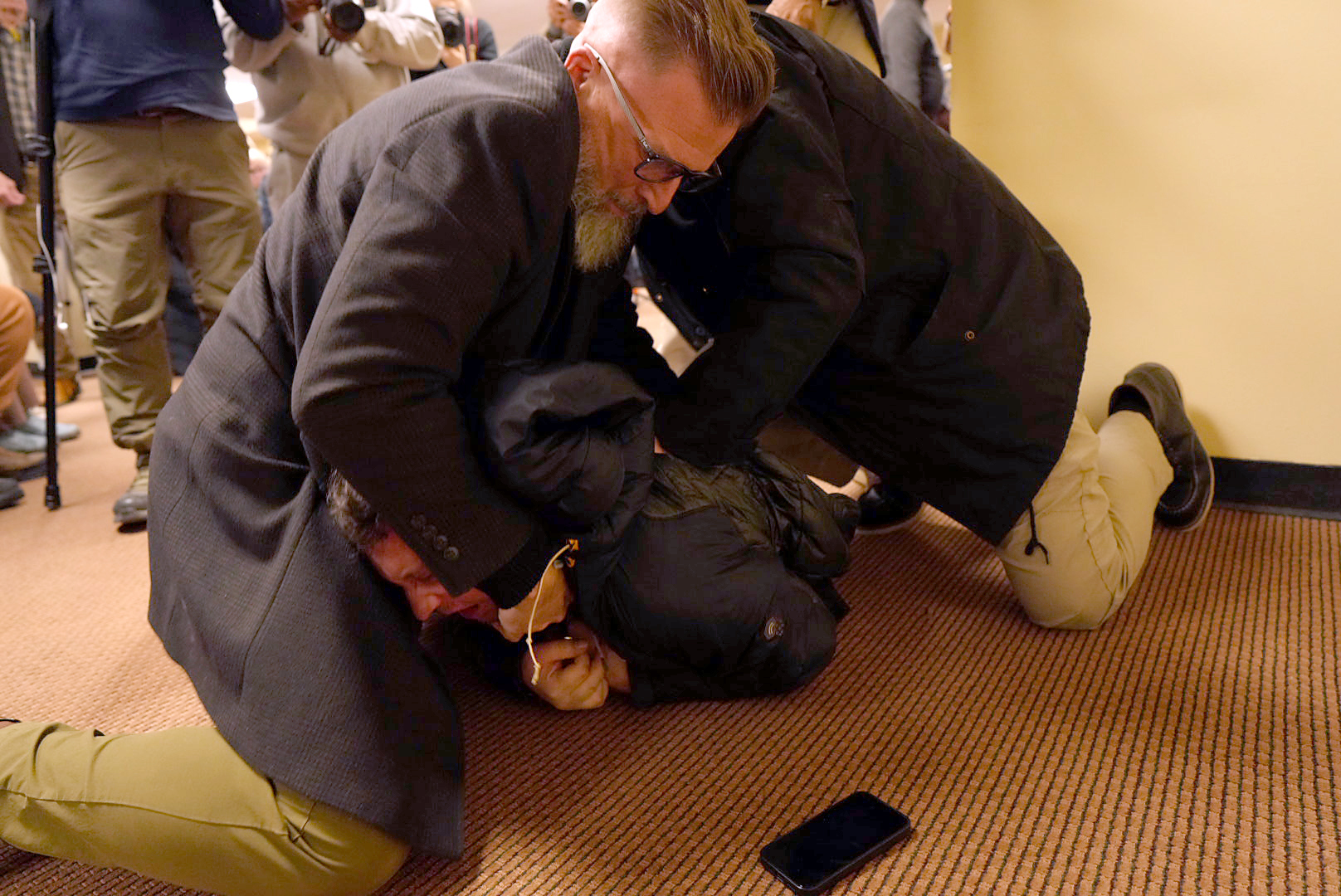This year's Nobel Prize in Physics has been awarded to three scientists for an invention that has started to re-shape how we light our lives — the blue LED
The prize was awarded to a trio of Japanese scientists who in the 1990s developed the blue LED, which, when combined with red and green LEDs led to white LED light. (Video via Nobel Foundation)
That enabled the use of LED lighting to light homes, which could greatly reduce energy consumption, as LED lights last much longer and are much more efficient than traditional lightbulbs. (Video via American Lighting Association)
The initial invention of the high-brightness blue LED is credited to Professor Shuji Nakamura, who developed it at Nichia Corporation in Japan, one of the world's largest manufacturers of LED lights. (Video via Lux Magazine)
That invention was preceded by fellow laureates Isamu Akasaki and Hiroshi Amano's invention of the original — non-high-brightness — blue LED at Nagoya University.
Nakamura's compensation for his invention led to a legal conflict with Nichia Corporation, which was ultimately forced to pay him some $8.1 million in compensation back in 2005.
Nakamura eventually left Japan and gained American citizenship, which led a number of American outlets to describe the prize's announcement Tuesday like this.
WKBW: "The Nobel Prize in physics has been awarded this morning, it's gone to two Japanese and one American scientist."
WRC-TV: "An American scientist is among the recipients of this year's Nobel Prize in physics."
While we're not disputing the fact that Nakamura is an American citizen, outlets seemed pretty eager to claim him as such, neglecting the fact that Nakamura has spent almost all his life in Japan where he created his award-winning invention. (Video via 愛媛新聞社 Online)
Anyway, if you need proof of the wide reach of Nakamura's invention, and you have a smart phone, the light it uses as flash for your pictures or as a flashlight comes from that combination of red, blue and green light. Nakamura, Amano and Akasaki will share the $1.1 million prize.










